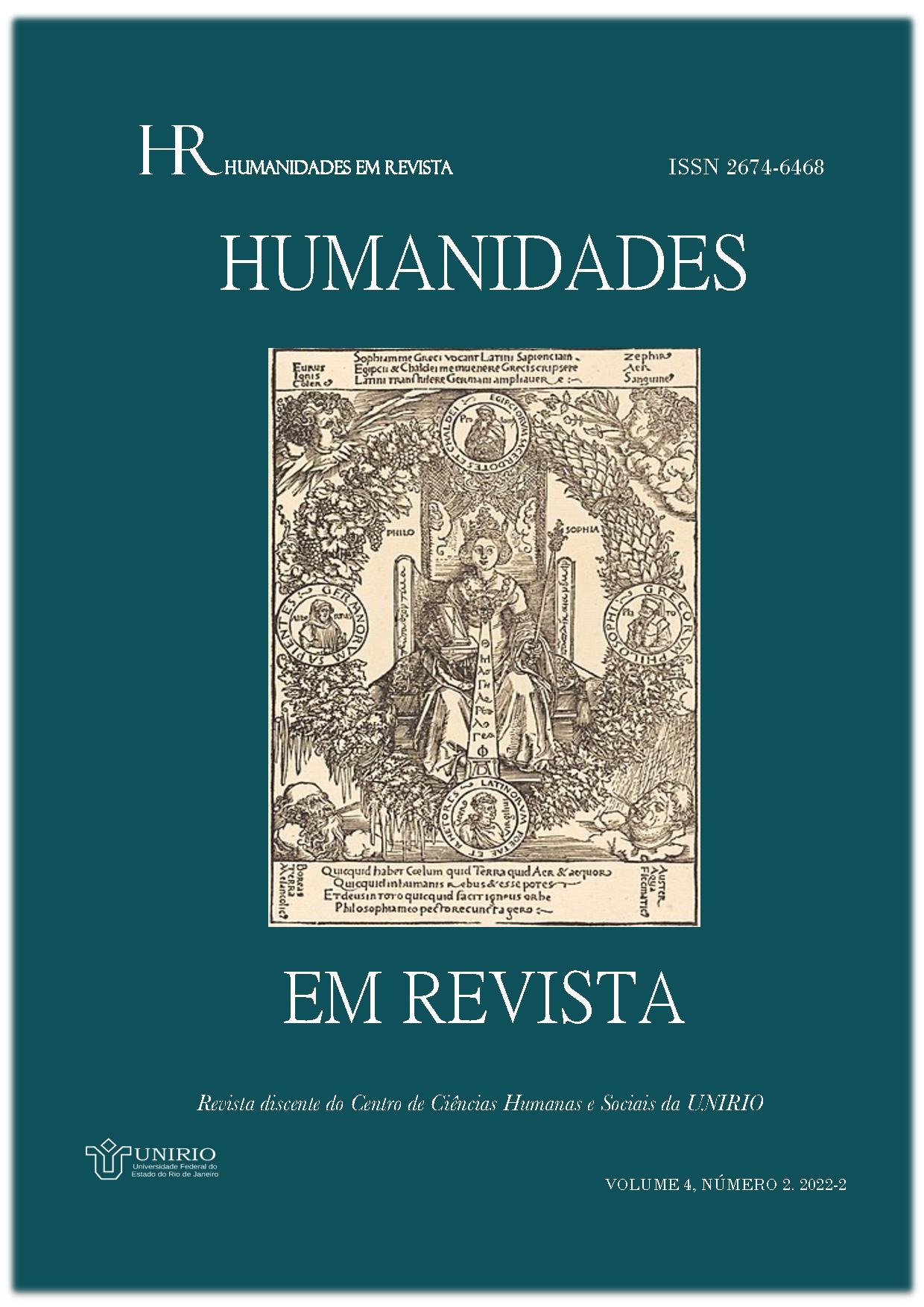EXÍLIO, RESISTÊNCIA E RAZÃO POÉTICA COM MARÍA ZAMBRANO
Keywords:
María Zambrano. Exílio. Resistência. Razão poética. Travessia.Abstract
: The present proposal focuses on thinking of María Zambrano's philosophy as a philosophy in transit and which, as such, is configured as a way of resisting the tragicity of a markedly agonizing existence in which personal dramas were exacerbated by the political issues of the her time, such as the military uprising of 1936 that gave rise to the Spanish civil war that culminated in the imposition of an exile that would last forty-five years. It is as an exile that Zambrano writes. She writes to fight despotism. She writes to free herself from the circumstances that beset her. It is in the opposite direction that Zambrano makes her crossings. In wandering, it is the poetic-thought that she comes closest to. Buried by mere spaces, philosophy is the trench chosen by Zambrano as her only place to be. And when alienation and tyranny persecute her, it is in the wake of subversion and rebellion that this philosopher walks. In this sense, this paper is permeated by a misdirection, an unraveling, and it is also a correspondence with Zambrano, a dialogue that is established with the suspense of distances, diluted in the relief of the answers; with the breath drawing the blind handwriting of the letter that does not arrive from Vélez-Málaga. This is how I think Zambrano's philosophy: as her correspondent, her accomplice, sharing a sealed intimacy of someone who even today is nowhere but on the back of things. Thus, walking through my own ruins to reach the pages of Zambrano, I violate destinations and erase the timelines in an attempt to present the concept of poetic reason, highlighting the immanent character of a foundation imposed by exile, a kind of “initiative rite” like the Zambrano describes in “Carta sobre el exilio”, a cry to resist the tyranny that stalks all of us.
Downloads
Downloads
Published
How to Cite
Issue
Section
License
Copyright (c) 2024 Thaise Maria Dias

This work is licensed under a Creative Commons Attribution-NonCommercial-NoDerivatives 4.0 International License.
Os direitos autorais de qualquer trabalho publicado na Revista pertencerão aos autores. Não haverá qualquer pagamento pela publicação na Revista e a aceitação dos originais implicará na aceitação das condições descritas nas informações sobre a revista constantes do escopo e de todas as regras apresentadas, assim como o respeito à legislação e às normas vigentes concernentes a publicações. A UNIRIO e seus entes subordinados não se responsabilizarão por quaisquer equívocos, questões e contendas entre autores, participantes e/ou entes institucionais que sobrevenham às publicações. O e-mail do autor será disponibilizado no trabalho.
A revista oferece acesso livre imediato ao seu conteúdo, seguindo o princípio de que disponibilizar gratuitamente o conhecimento científico ao público proporciona maior democratização mundial do conhecimento, sempre dentro dos limites da legislação de direito de autor e de direitos conexos. É adotada a licença Crative Commons do tipo “Atribuição-Não Comercial-Sem Derivações 4.0 Internacional (CC BY-NC-ND 4.0)”, acessível em: https://creativecommons.org/licenses/by-nc-nd/4.0/legalcode.pt , segundo a qual, em linhas gerais, é permitindo fazer o download dos trabalhos e o seu compartilhamento para fins educacionais, desde que sejam atribuídos os créditos a seus autores, citando também o repositório dos trabalhos, e sem que se possa alterar o material de nenhuma forma ou utilizá-lo para fins comerciais.





 Qualis/CAPES 2017- 2020 B4
Qualis/CAPES 2017- 2020 B4 Diretório das revistas científicas eletrônicas brasileiras
Diretório das revistas científicas eletrônicas brasileiras




